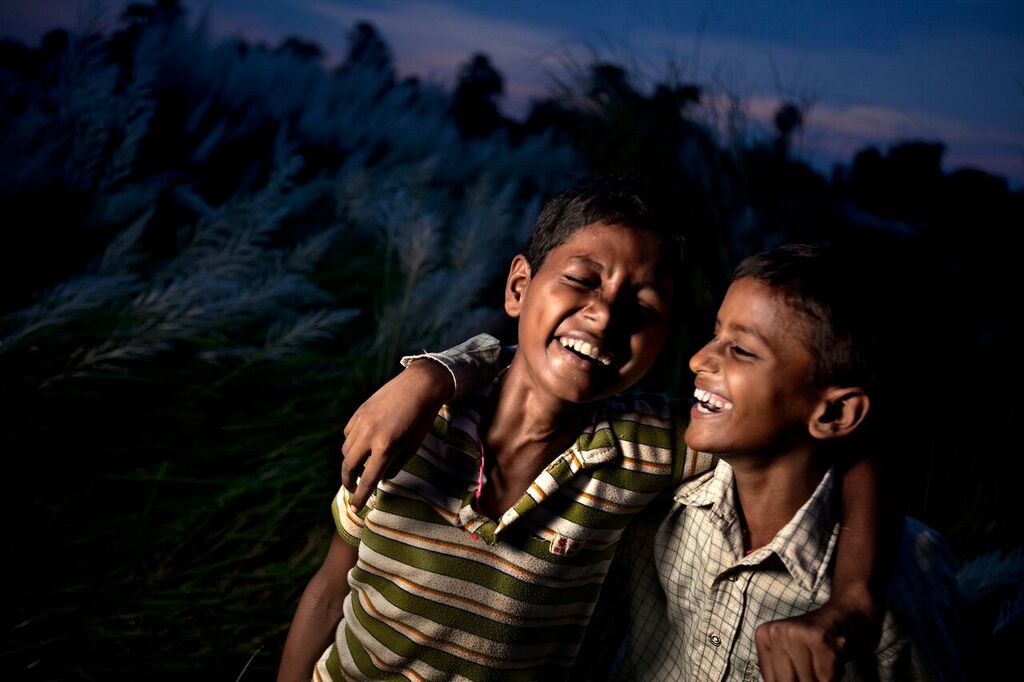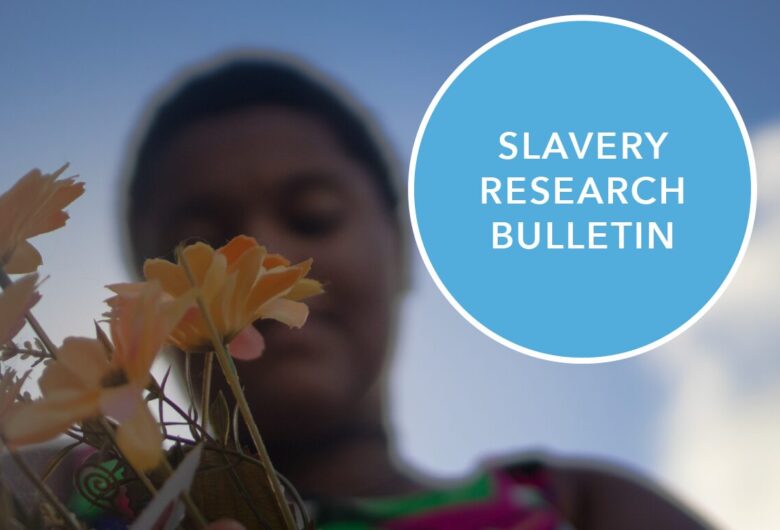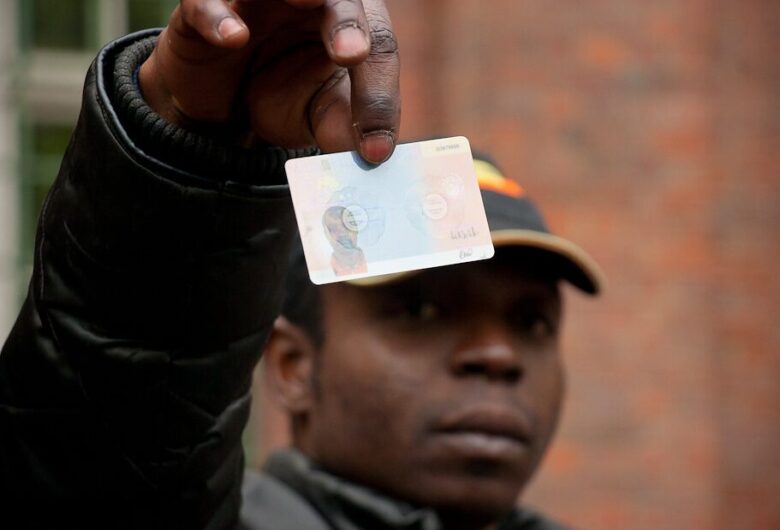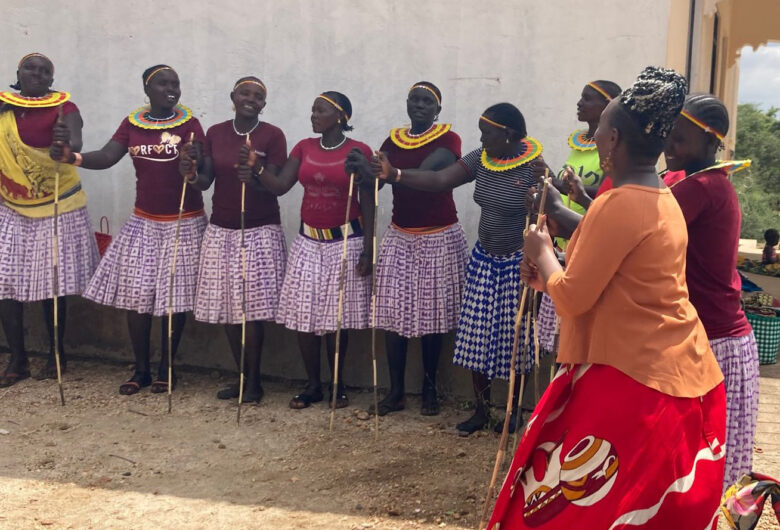Too often, grassroots organisations in developing countries are overlooked by donors because they are perceived as too small or risky. Yet these frontline NGOs are the ones making a measurable difference in people’s lives.
Here’s an account by Freedom Fund’s director of programs, Dan Vexler, of the achievements of one such organisation that we support, in remote south-eastern Nepal.
In February, in the town of Lahan in the Eastern Terai region of Nepal, I spoke with Mani Lal Bishwakarma, a program coordinator for a local NGO. We were funding Mani’s organisation to help a group of lower caste agricultural labourers file land claims with the government. Most of the labourers and their families had been living on the same land for generations, but were held in a form of debt bondage to local landlords. Without land rights, they faced the constant threat of eviction, which made it easy for landowners to exploit them.
“We are doing well,” Mani told me. “In three months, we have secured Land Inhabitant Certificates for 63 families.”
Armed with the certificates, the families could not be evicted. But securing them was not straightforward. Individuals first needed a birth or citizenship certificate, and then an application had to be filed with the local Village Development Committee showing that the applicant had been resident in the same place for 15 years. But with help from Mani and his team, progress was being made.
“How many do you think you can get done this year?” I asked him.
“One thousand certificates,” Mani replied.
An estimated 110,000 men, women and children in Nepal are affected by this type of bonded labour. Mani was telling me that he would be able to help secure land rights for 1% of that population in just the first year of the grant, before the program had reached full flow. This on a budget of $26,000 per year.
“Once they have the certificates, they can never be lost,” added Mani’s colleague Madhu, the IT manager. “We have the documents scanned and backed up digitally for the long term”.
At the Freedom Fund, we’ve been awestruck by what local NGOs can achieve with a small amount of money – in this case $26,000 a year. That’s a rounding error for many big organisations. Yet it could well permanently reduce the vulnerability of a group of people that has been at the bottom of the food chain in Nepal for generations.
It is for this reason that supporting frontline organisations is at the core of the Freedom Fund’s mission. We currently partner with 100 of them. And this month, we are celebrating a milestone: in just under three years we have granted ten million dollars to NGOs like Mani’s. We are proud that we have been able to get a significant amount of money to organisations that we know are doing life-changing work. $10m is not a lot compared to the massive scale of the problem. But when it gets to the right organisations, it can go a long way.
We know that funders are not supposed to celebrate how much they spend anymore. We understand the importance of documenting impact and results – and not mistaking spend for impact. This is certainly a maxim that we adhere to at the Freedom Fund. We devote a lot of energy to posting on our impact page the results that our partners have achieved with our support.
But in some circumstances, we think it’s appropriate to be proud of spending in the right way. We are working with our partners to end modern slavery at a time when there has been a spike in international attention to the issue. The number of organisations, policy-makers and businesses that are beginning to engage, and the number of events that are going on to discuss and coordinate strategies, are growing at breakneck speed. And yet, for all that, there is still a paltry amount of funding actually getting to the groups that are at the sharp end of the spear.
So we’re proud of the $10m milestone. Yes, it takes time to identify the right partners, to help them build up their organisations, and to monitor results. But it is worth it. The impact these organisations achieve for the most vulnerable people is truly phenomenal. And at the end of the day, that’s what this work is all about.




